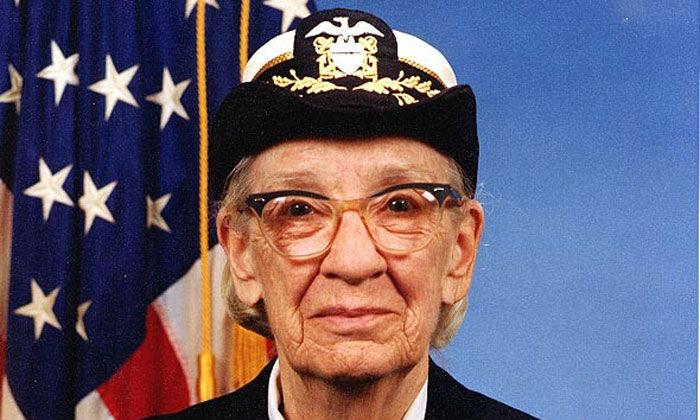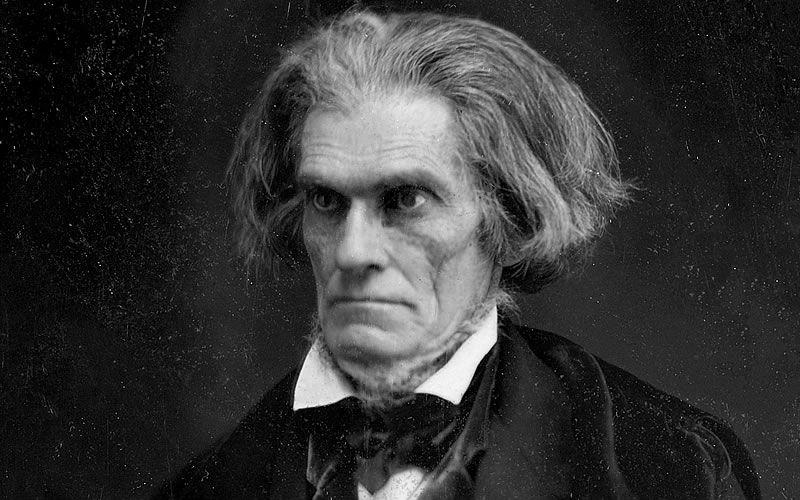Yale University college honouring slave advocate renamed for pioneering woman scientist
Grace Murray Hopper was a mathematician, computer programmer and Navy rear admiral

One of America’s most celebrated universities is renaming a residential college established in memory of a white supremacist to instead honour a pioneering woman scientist.
After years of debate, officials at Yale University said they were changing the name of Calhoun College, which was named for a 19th Century alumni who advocated slavery. Instead, the college will now honour Grace Murray Hopper, a mathematician who studied at Yale in the 1930s, invented a pioneering computer programming language and became a Navy rear admiral. She died in 1992.
“We have a strong presumption against renaming buildings on this campus,” the university’s president, Peter Salovey, said on Saturday.

“I have been concerned all along and remain concerned that we don’t do things that erase history. So renamings are going to be exceptional.”
The Associated Press said the announcement appeared to draw a line under a controversy that has simmered at the Connecticut university for many years, and even spilled over into protests on the campus in 2015.
The board of trustees of the institution, established in 1701, reportedly decided on Friday that the overriding legacy of former Vice President John C Calhoun, a senator from South Carolina who studied at Yale in 1804, was at odds with the university’s mission. Calhoun was a leading voice among those who supported slavery.
“John Calhoun. White supremacist. Ardent defender of slavery as a positive good,” Mr Salovey said. “Someone whose views hardened over the course of his life, died essentially criticising the Declaration of Independence and its emphasis on all men being created equal.”
The residential college was named for Calhoun when it was established in the early 1930s. The name received new attention last year as protesters on campuses around the country called for universities to address the legacies of historical figures, such as Woodrow Wilson at Princeton University in New Jersey.
Chris Rabb, a 1992 Yale graduate, has spoken out against the name since his own days living at Calhoun College when he successfully lobbied for the removal of a stained glass window depicting a black man in shackles kneeling before Calhoun. He said this week that just changing the name would do little.
“To me the real issue is context. How do you contextualise the choice made in the 1930s and the choice it made ever since to keep it,” Mr Rabb, an educator and state representative in Pennsylvania, told the AP.
“What does it mean now in terms of Yale’s connections to slavery and issues of social and racial justice in a diverse city?”
The controversy flared again last summer following the arrest of a black dining services worker, Corey Menafee, who used a broomstick to smash a stained-glass window at the college that depicted slaves. Criminal charges have since been dropped and Yale has rehired Mr Menafee, who had described the image as offensive.
Join our commenting forum
Join thought-provoking conversations, follow other Independent readers and see their replies
Comments
Bookmark popover
Removed from bookmarks